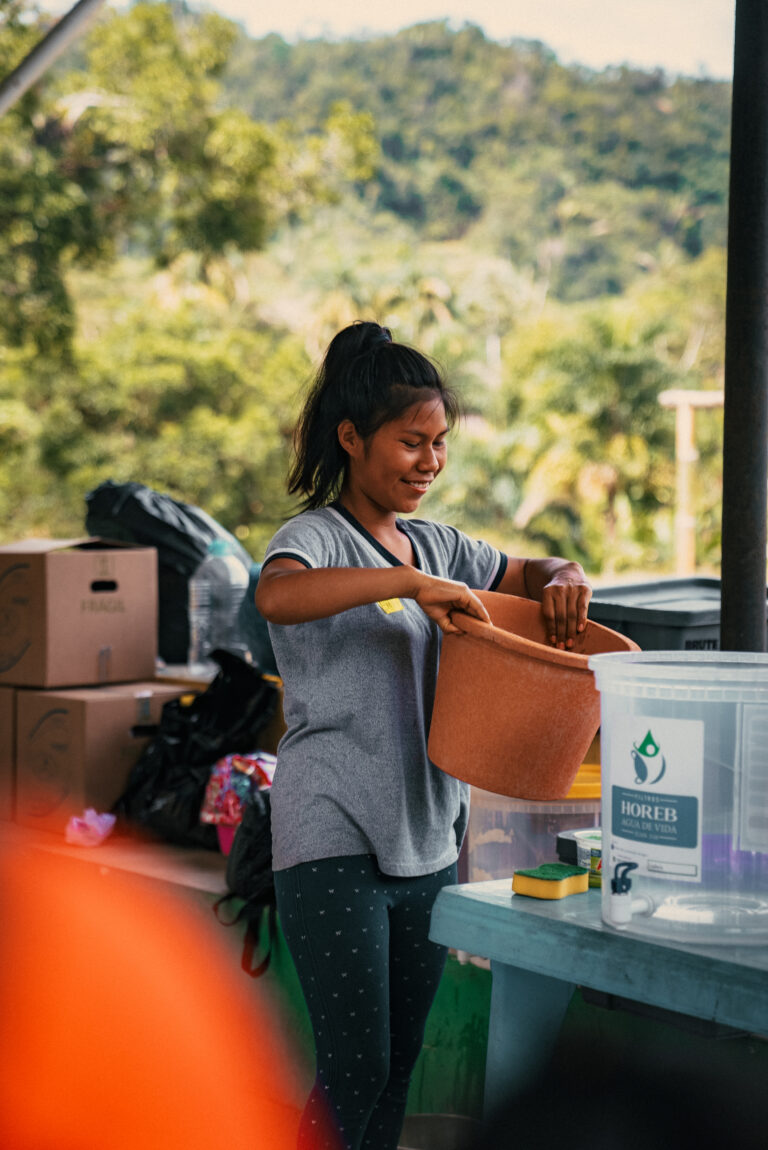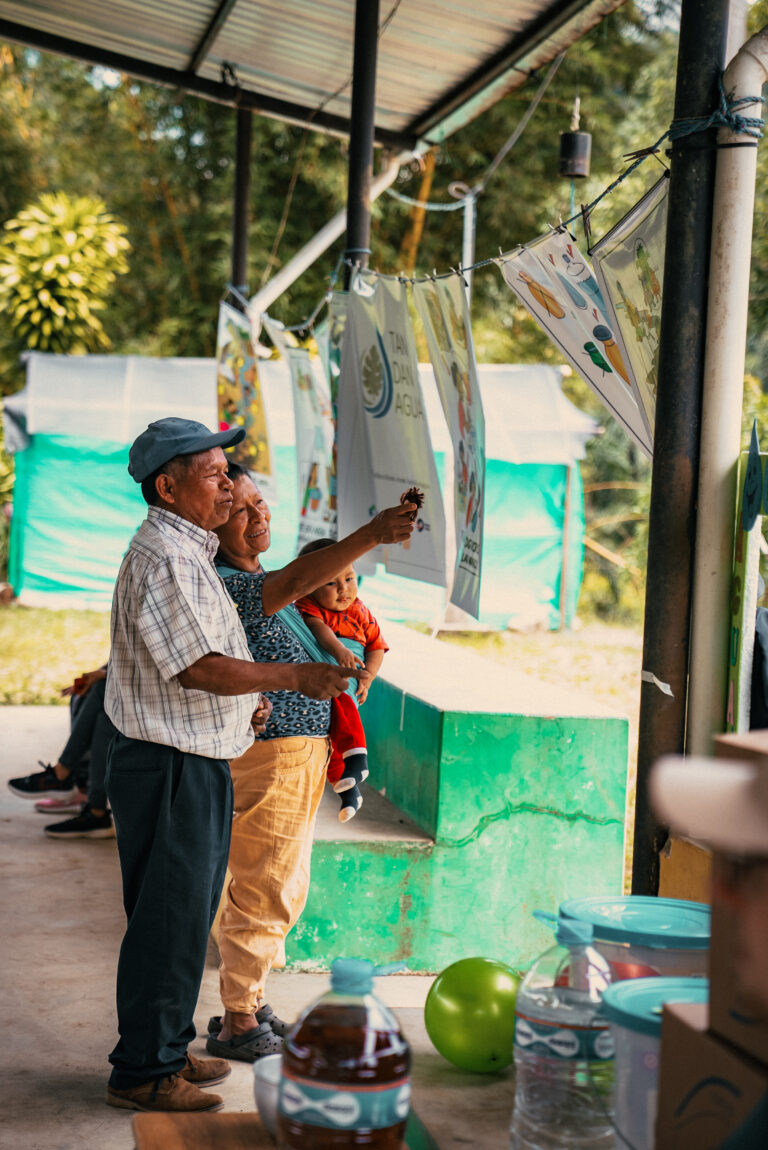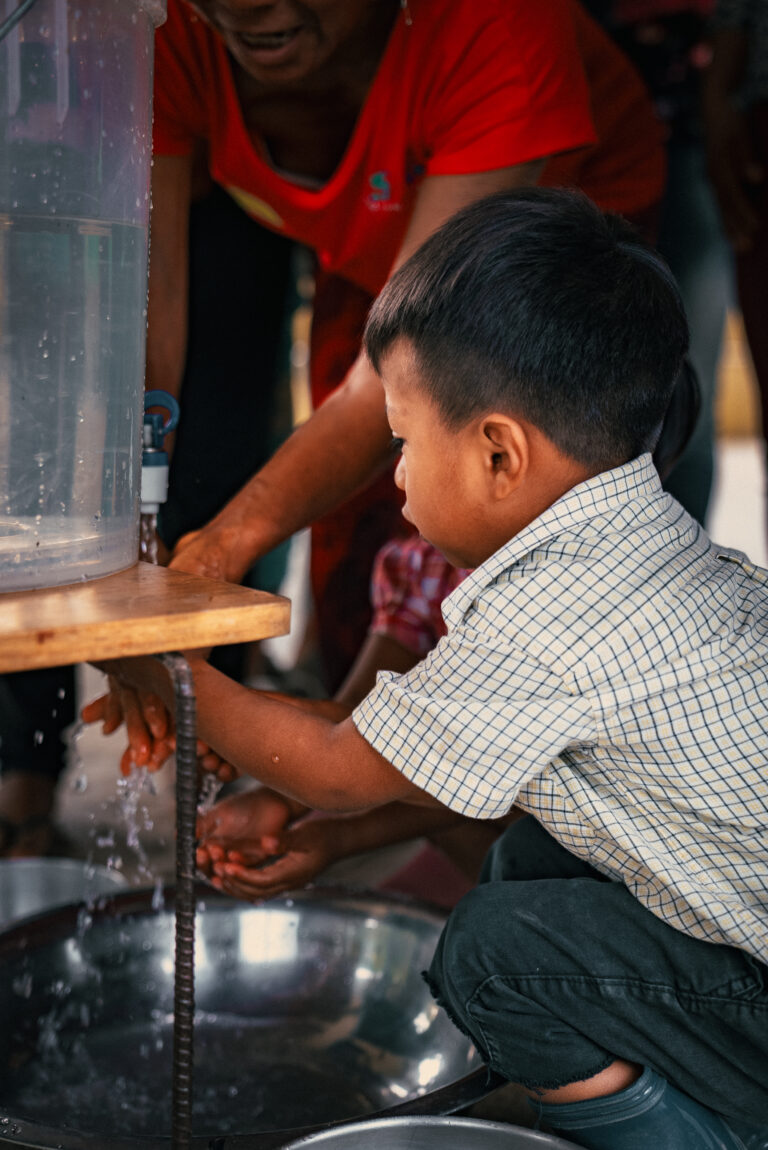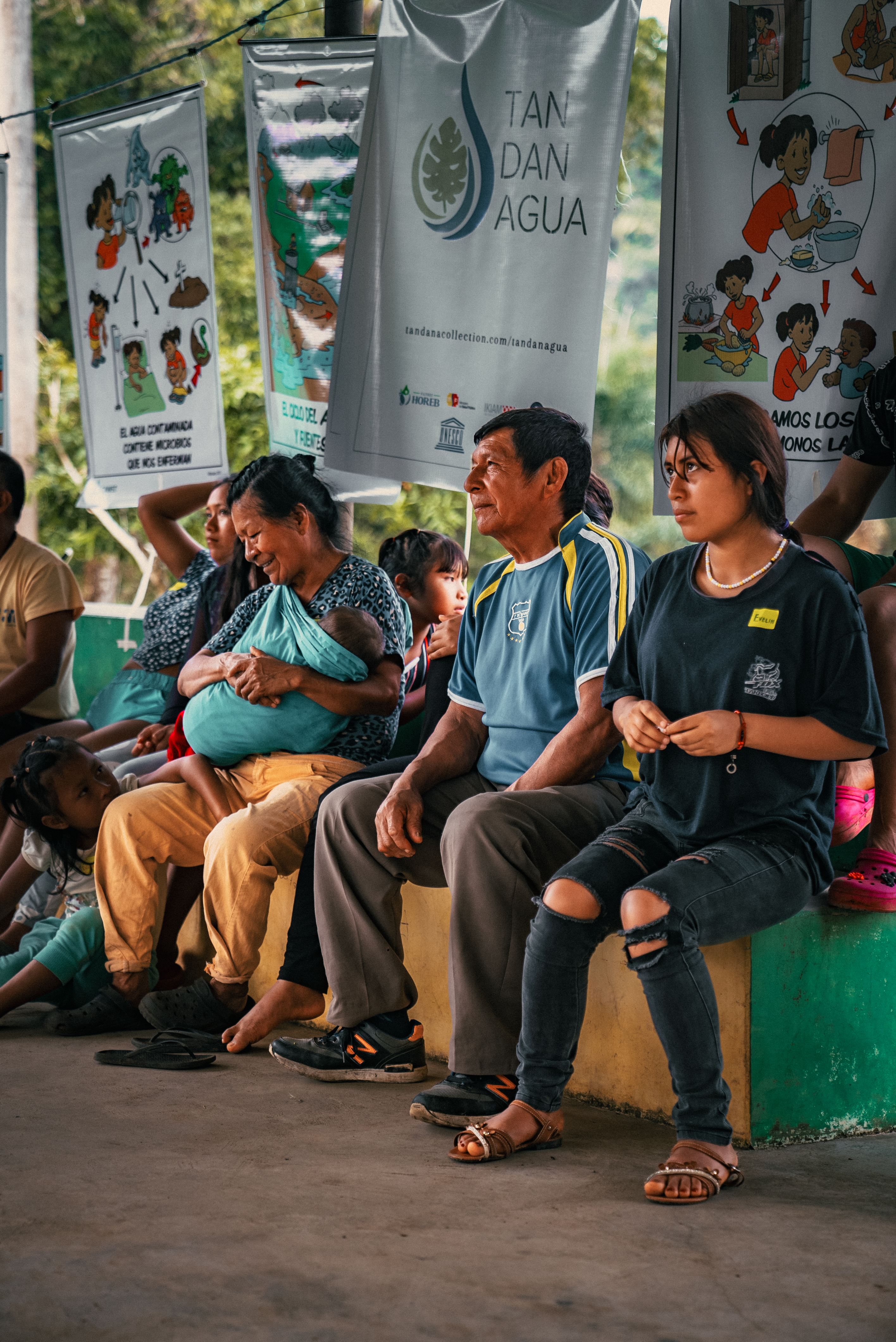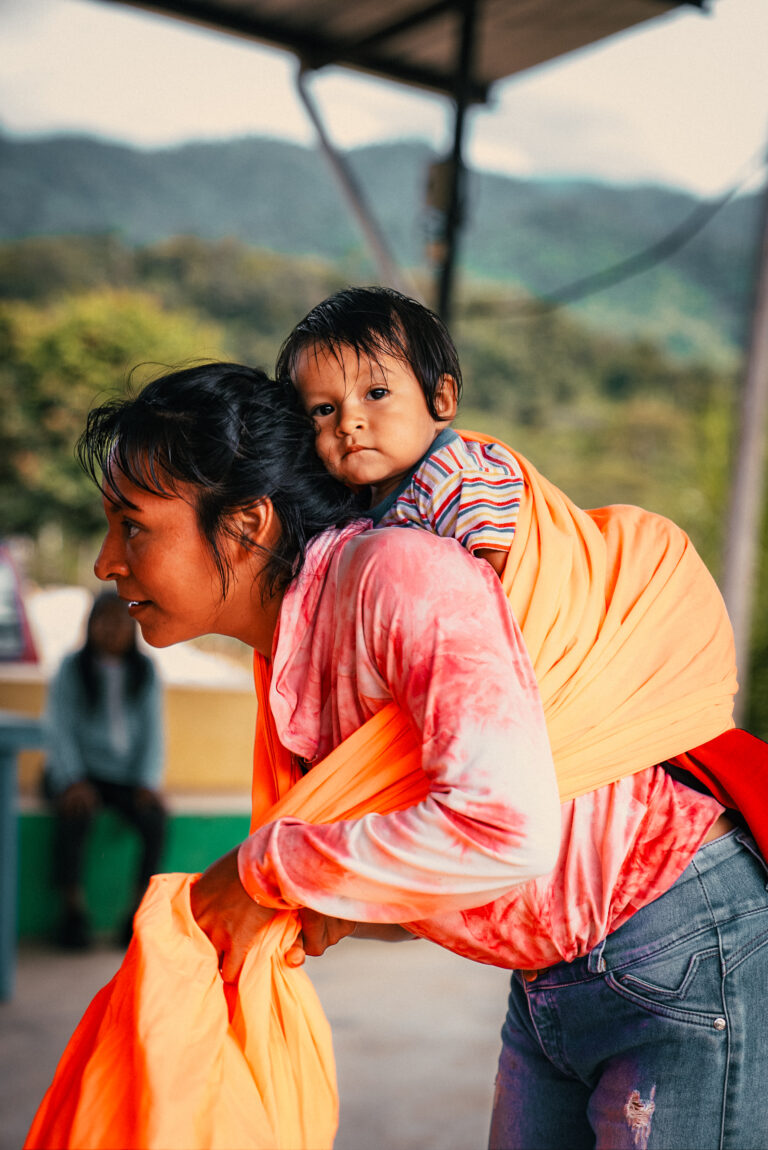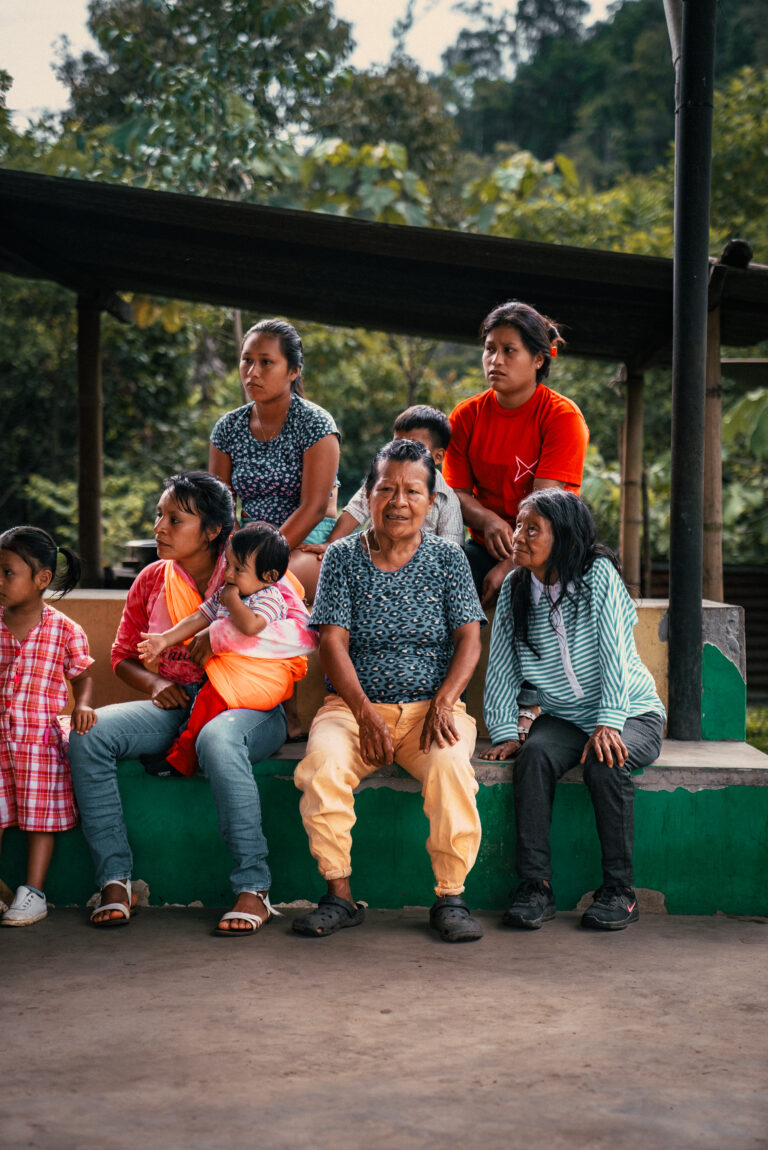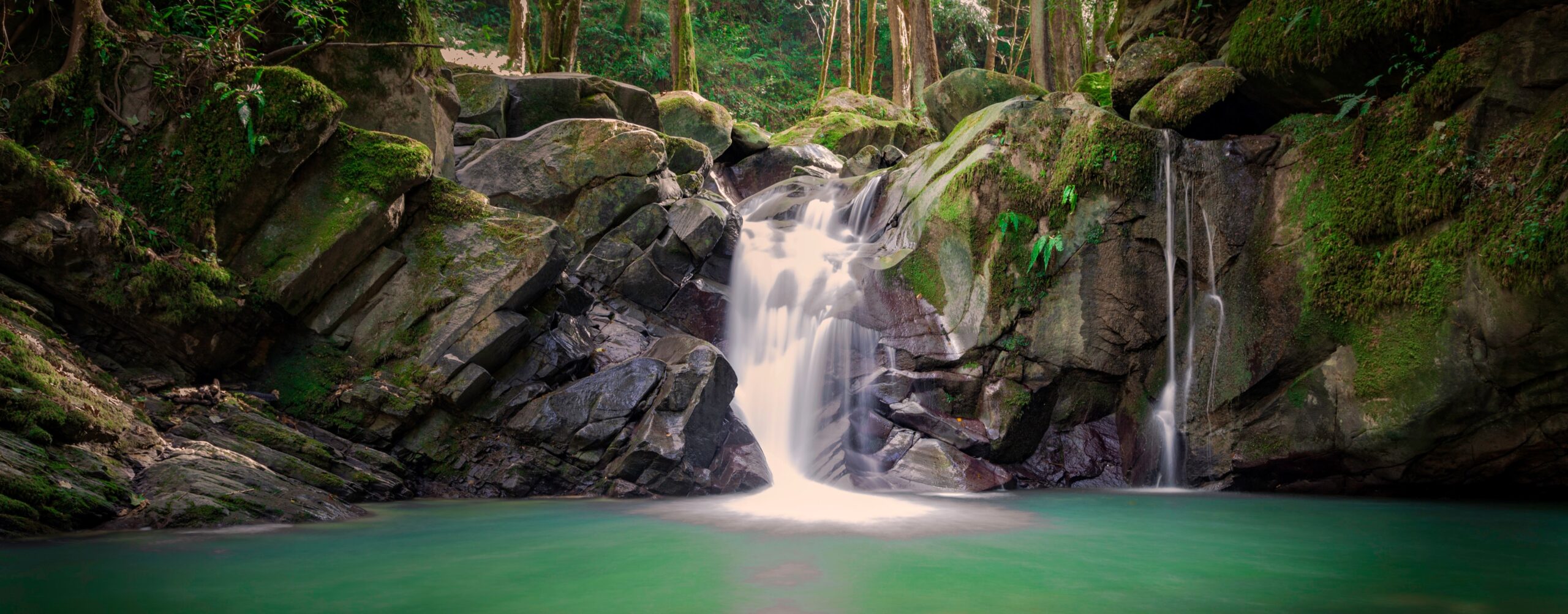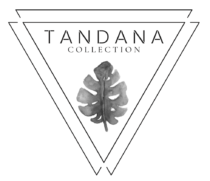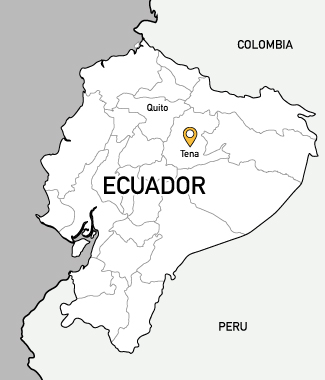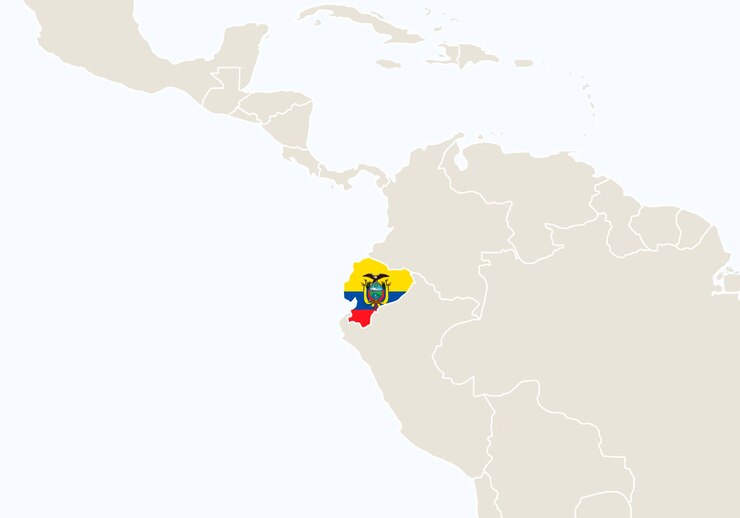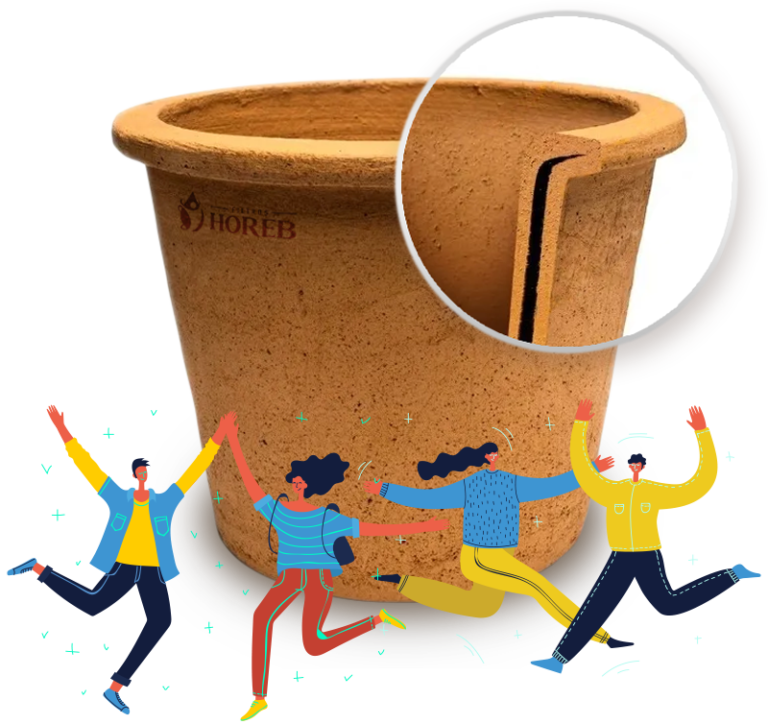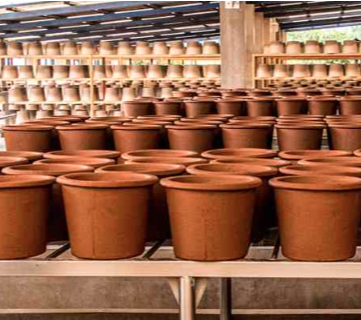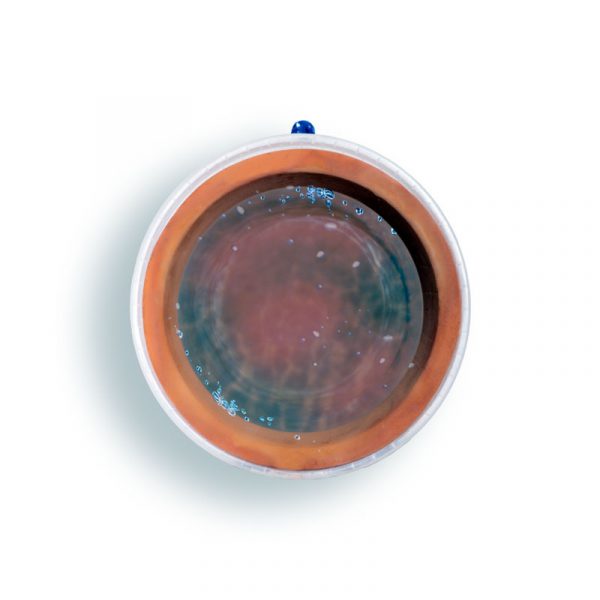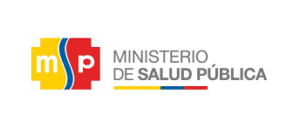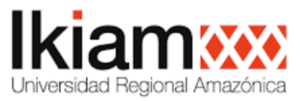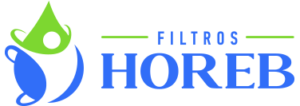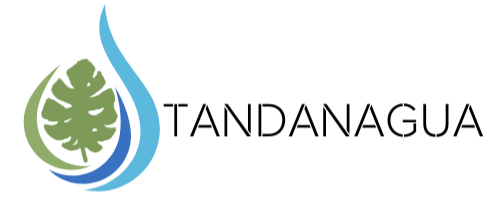
Celebrate our 2nd birthday with us!
We’ve been bringing safe water to communities in Ecuador for two years now! Celebrate with us by joining in our work.
Learn more: Atacapi Safe Water Program
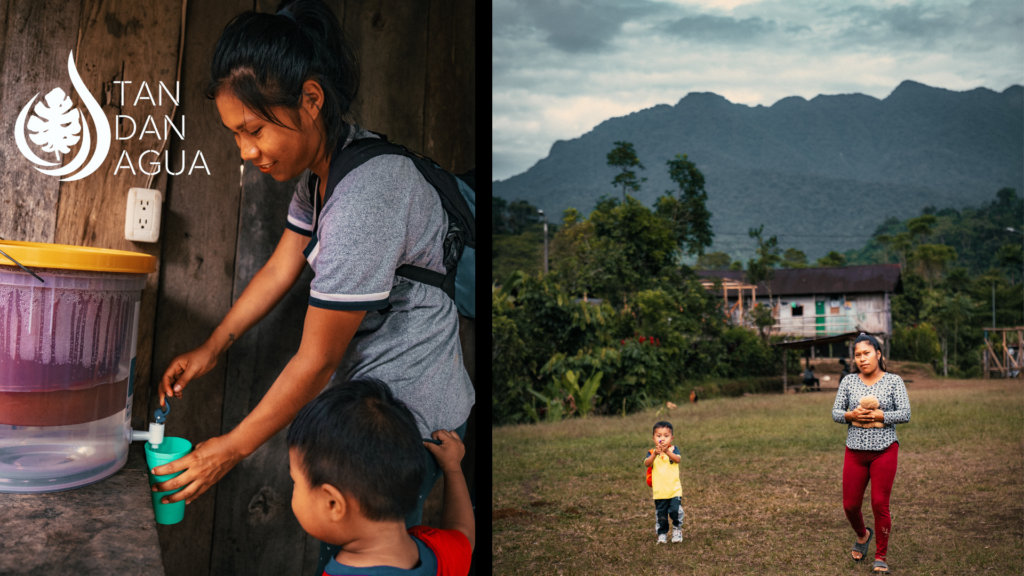
Give safe water for indigenous communities in Ecuador!
What Is TandanAgua?
TandanAgua Inc. is a 501c3 nonprofit organization providing access to safe water for indigenous communities in the Ecuadorian Amazon. We work with a diverse, international team of experts, partners, supporters, and advocates to improve the health and quality of life through access to this basic essential of life. The name comes from a combination of Kichwa and Spanish words representing a community gathering together around water.
Our programming addresses the need for clean water for household use in local populations in Tena, Ecuador. We envision a future with accessible household water purification and improved health for populations across the Amazon region of Ecuador. Our programming is achieved through partnerships with local government agencies, institutions, and individuals who have extensive knowledge and cultural awareness of the communities where we work.
Where do we work?
Tena is a district in the Napo province of Ecuador, within the Amazon Basin of South America. In the surrounding jungle there are many rural indigenous communities whose populations live with very poor access to basic services such as running water, electricity, and healthcare.
While natural sources of water are abundant with year round rainfall and plentiful rivers, obtaining clean water that is safe to drink is much more of a challenge. Due to limited sanitation infrastructure and various sources of contamination of water sources, waterborne disease including intestinal parasites, bacterial infections, giardia, cholera, and diarrhea are common and can be fatal if left untreated. Household water treatment is an effective way to expand access to clean water in rural communities, with the result of improved overall public health. This program focuses on the household level where individual families can manage their own drinking water.
Safe Water at Home: Ceramic Filters
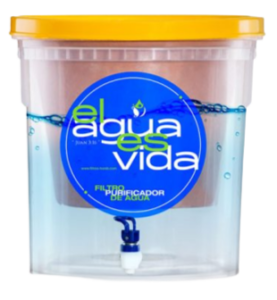 The ceramic pot filter is a simple, but proven technology that has been used around the world as an effective form of household water treatment. Local production is currently in the city of Pifo, Ecuador. The filter consists of a ceramic filtration unit that sits inside a plastic storage container with a valve for accessing purified water.
The ceramic pot filter is a simple, but proven technology that has been used around the world as an effective form of household water treatment. Local production is currently in the city of Pifo, Ecuador. The filter consists of a ceramic filtration unit that sits inside a plastic storage container with a valve for accessing purified water.
Untreated water is filtered by gravity, at about 2 liters per hour, and stored in the container below. The ceramic is made of a mixture of clay, sawdust, and colloidal silver that is baked in a large brick kiln. The micro-pores, antibacterial surface, and activated carbon in the resulting material have the capacity to remove pathogens from water along with any taste or odors. The filter does not require any power source or elaborate maintenance, only occasional cleaning. The ceramic unit is simply replaced every 1-2 years (guaranteed for 5000 liters), depending on use.

Knowledge is Power
Foundational to a community intervention is education that takes the local environment, culture, lifestyle, and value systems of beneficiaries into consideration.
Educational workshops that are customized to the population will cover general waterborne disease prevention, operation and maintenance of ceramic filters, along with selection and protection of water sources. These sessions will encourage direct participation from community leadership and at least one representative from every household receiving a filter unit.
The workshops will take place at three stages of the implementation: before installation of filters, during installation, and afterward during the first followup visit. These workshops will focus on waterborne disease prevention, water purification, water source protection, and ceramic filter operation and maintenance. These will be conducted in the months of November, January, and February.
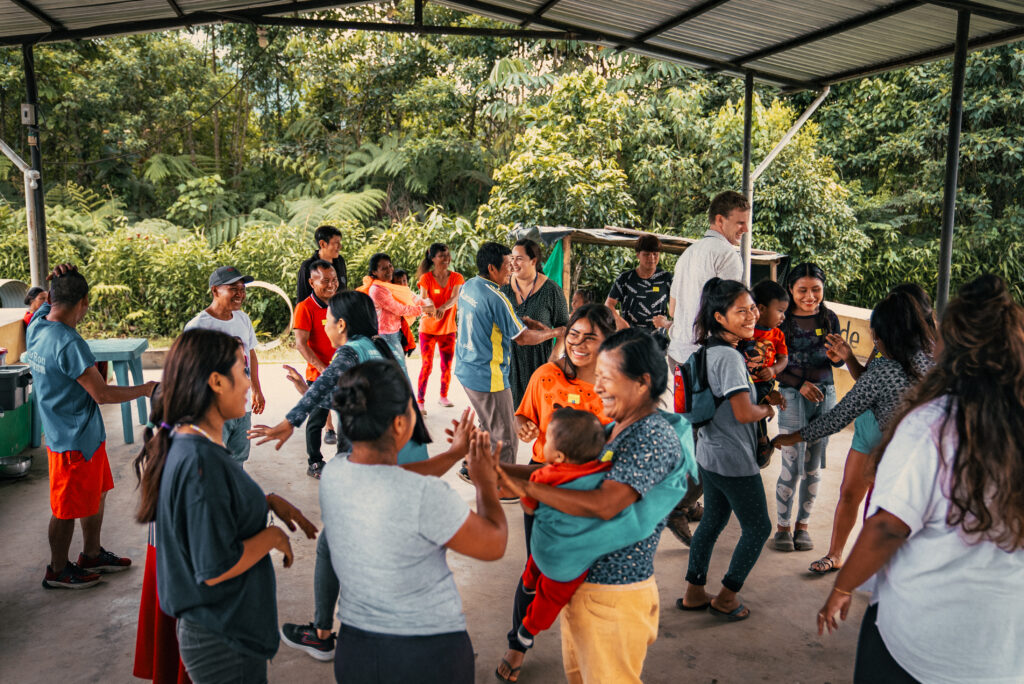
Our Local Partners
Local partnerships help to ensure the sustainability of the program by allowing multiple stakeholders to contribute. The Ecuadorian Ministry of Health is involved in the community selection, needs assessment, and followup process by providing in depth knowledge of health issues in the local population and continued monitoring of health outcomes. The water sciences department of Universidad Ikiam, a local university based in Tena, provides water quality testing through their laboratory at a discounted rate. Student volunteers participate by conducting community surveys and collecting water samples in the field. Filtros Horeb is a social enterprise company that manufactures the ceramic filters, which have been tested and approved by various institutions. They provide the filter units including transportation from the capital city to Tena, as well as educational resources for community training.
What Happens After installing filters?
Implementing filters in households is not the end of the story. Monitoring and evaluation is conducted following the implementation to determine the effectiveness of the filters and record outcomes in each participating household.
Visits to each community will occur at 2 weeks, 2 months, and 4 months following the initial installation of filters. Surveys will combine observations, behavior and health questionnaires, and water quality testing. The results of these surveys will provide information on overall filter use and acceptance along with impacts on health, while also ensuring proper treatment of drinking water.
Partner with Us
We would love to have you partner with us. If you’d like to contribute financially, you can use the form below. You have the option of a monthly recurring donation to be able to support consistently throughout the program, building and growing the initiative together.
Here’s an interesting stat for you: Did you know that in the US, a person spends an average almost $100 a month, on… coffee? What if you considered donating some of your coffee budget toward clean water for families in Ecuador? Every small donation counts, we’re just excited to invite you into this initiative! When you partner with us you’ll be able to receive regular project updates, including photos, videos, and stories from the field, so you can walk with us every step of the way.
See our safe water programming in action
